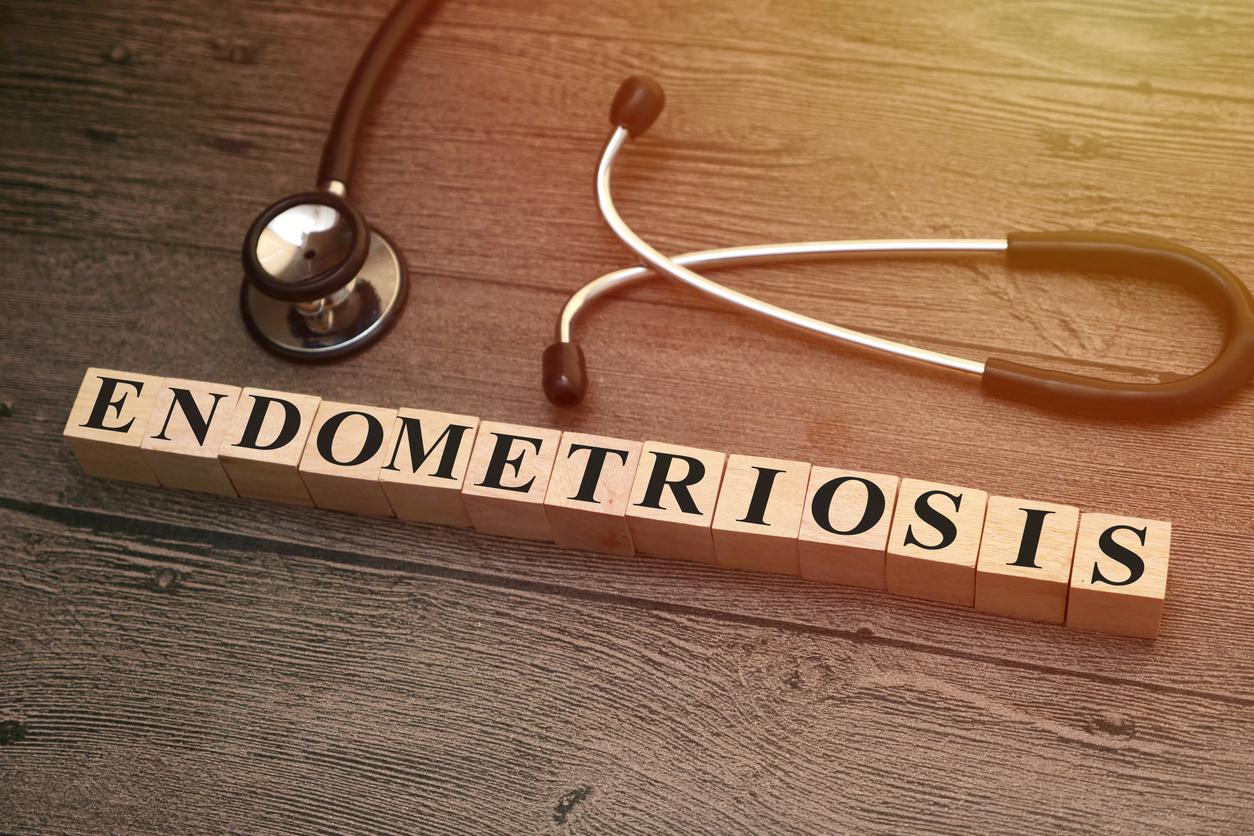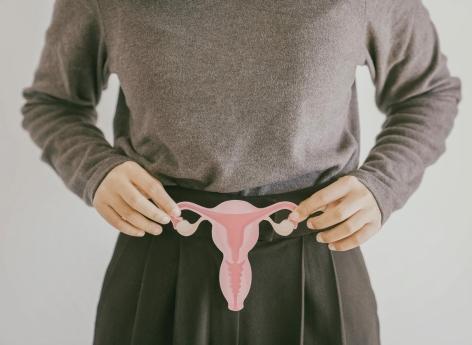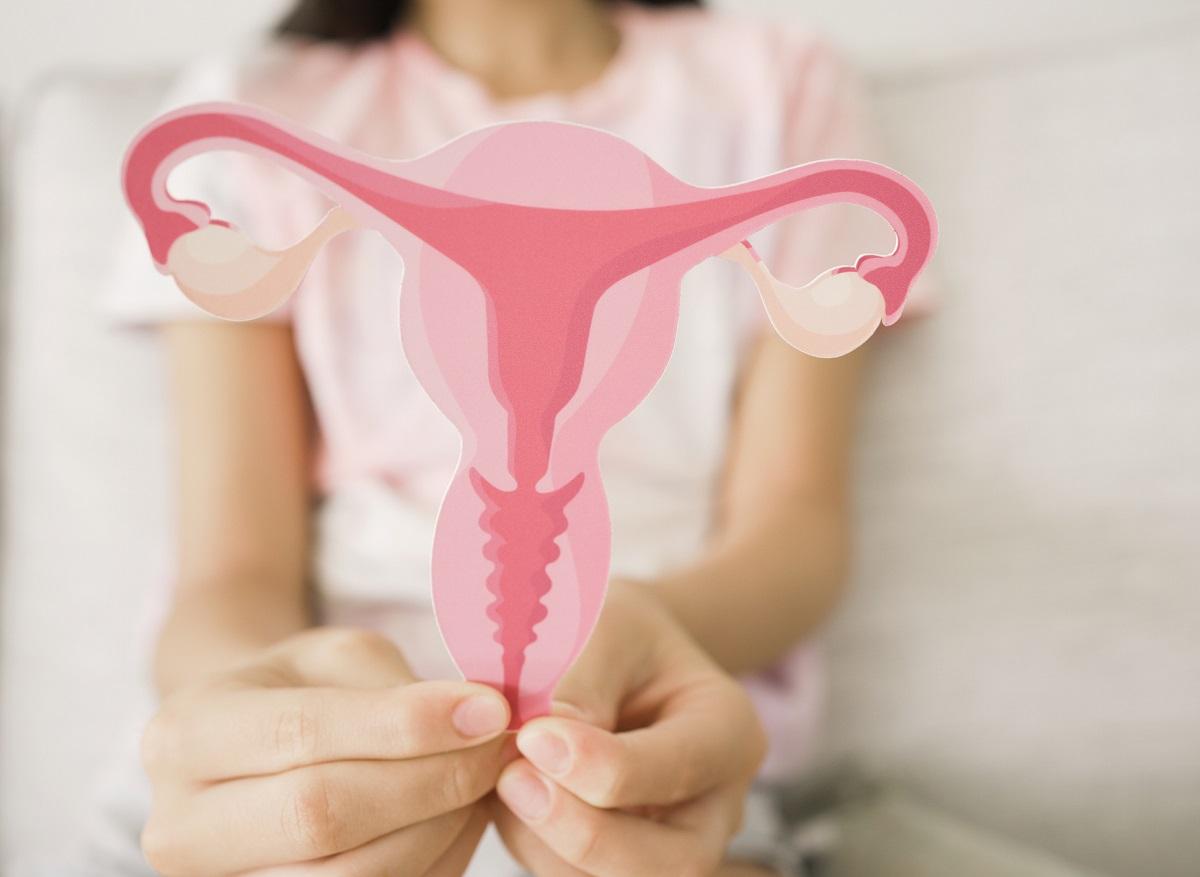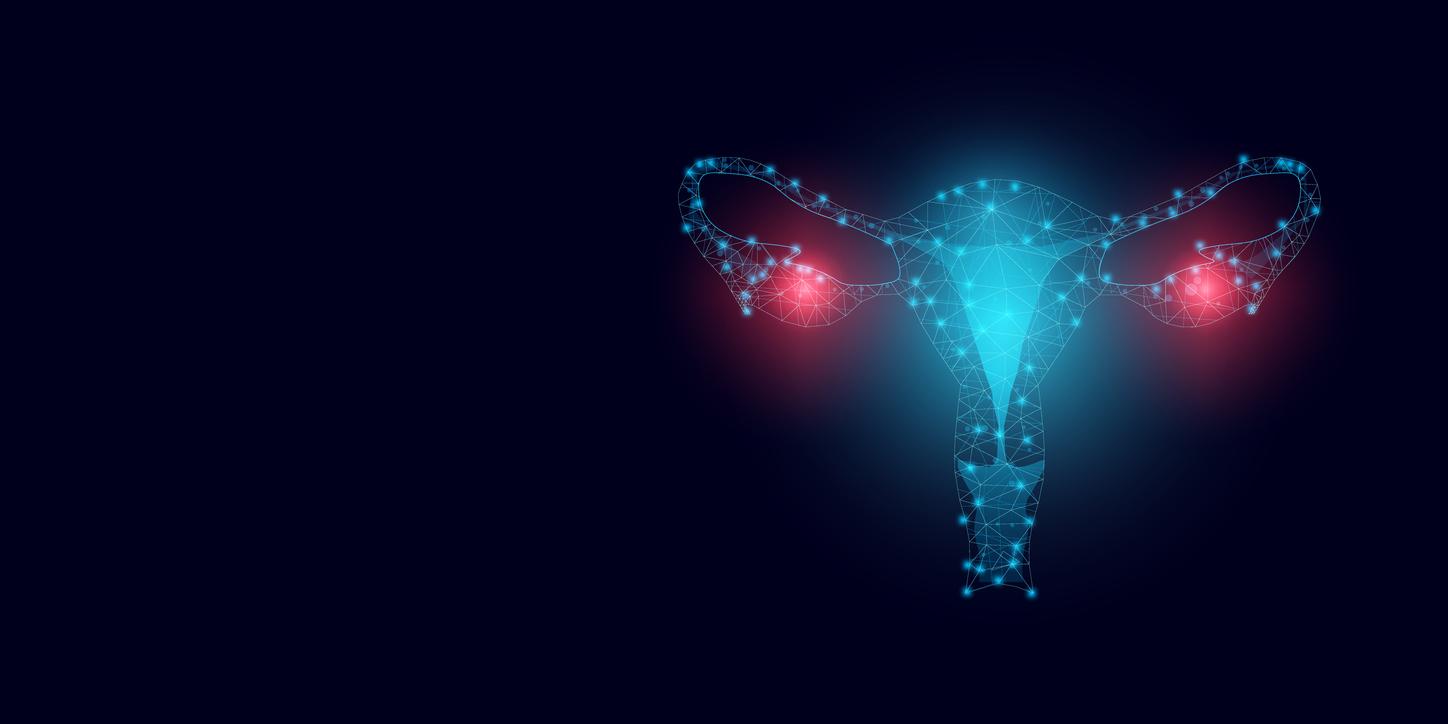Do midwives have their place in the detection and management of endometriosis? This is indeed the case and has been for several years. Benoît Legoëdec-Mercantini, midwife in Côtes-d’Armor, provided some elements of explanation to Fait Docteur.

- Midwives are on the front line in the detection of gynecological pathologies, including endometriosis.
- Midwives have no limits in prescribing screening exams.
- Midwives listen to the woman who suffers from endometriosis, but also to their spouses.
Endometriosis affects at least 1 in 10 women of childbearing age in France. Its symptoms and consequences being very disabling, it is necessary that it be detected as quickly as possible to preserve the quality of life of the patient and those around them. Midwives then have their place.
Midwives on the front line in the detection of gynecological pathologies
In 2017, the HAS (High Authority of Health) issued recommendations on the management of endometriosis by highlighting the essential role of the midwife in the same way as general practitioners. But it has actually been since 2009, thanks to HPST law (Hospital, Patients, Health and Territories) that the skills of midwives have been broadened by allowing the monitoring of women outside of pregnancy, as Benoît Legoëdec-Mercantini, who is one of the 3% of midwives, confirmed to us -women “men” in France. As he explains: “practices are currently full of gynecologists (at least 80%) “. He confirms that “ all these new skills require further training and becoming more specialized in order to properly detect and guide “.
Midwives are thus placed on the front line in the detection of gynecological pathologies, including endometriosis.
Being a male midwife isn’t awkward
Graduating just a few years after the profession was opened to men, Benoît Legoëdec-Mercantini was one of the first midwives in France (maieutics is another term to designate the activity of midwives).
Being a male midwife can, of course, be a barrier for women of a certain age who are not used to it. Benoît Legoëdec-Mercantini confirmed this to us, at least in the rural area where he works. But ultimately, and in the majority of cases, the “ speech is released » and all the more so since there is “ a listening and a response » to their problems, even in this context of “masculinity “. Indeed, this “the midwife’s dimension of listening and support is an image well conveyed among the population “.
A complete gynecological examination
“ The midwife’s clinical examination is gynecological under speculum with a vaginal examination ”, like the gynecologist, but “ with precautions because in case of endometriosis it is more painful “.
In terms of additional screening tests for endometriosis, “ midwives have no prescription limits ”, as part of the screening. He is pointing out that ” the limit is rather on the management after or the prescription of treatments “. The midwife can therefore prescribe ” in 1time intention of an ultrasound, an MRI if necessary “. And Benoît Legoëdec-Mercantini does not forget to explain to his patients that not everything is visible on these exams.
Sometimes it happens that midwives prescribe other additional examinations but after having handed over to a specialist who then entrusts them with the support.
Referral to endometriosis specialists, particularly in radiology, is very important to enable rapid and accurate diagnosis and treatment, which is also emphasized by the midwife.
An assessment of well-being, pain and quality of life
Endometriosis is a chronic disease responsible for acute and chronic pain during or outside menstruation, during sexual intercourse or when defecating or urinating. It can cause chronic pelvic pain, bloating, nausea and fatigue, and sometimes depression, anxiety and infertility. It is therefore essential to find solutions as quickly as possible to relieve patients.
It is in this context that the midwife also takes the time to assess the quality of life and pain, but also the psychological impact of the illness, thanks to what the patients deliver orally but also thanks to visual analogue scales (self-assessment scales) adapted to endometriosis.
The midwife will hand over when there is a proven diagnosis even without a radiological examination, or as soon as additional examinations, or even a treatment analgesic or hormonal so as not to delay the precise diagnosis and specific treatment. Midwives can in fact prescribe painkillers and most contraceptive hormonal treatments which can treat the symptoms of endometriosis, while waiting for a specialist opinion which will confirm the treatment or prescribe another, sometimes surgical. Certain hormonal medications and surgical treatments cannot in fact be prescribed or carried out by the midwife.
Benoît Legoëdec-Mercantini recognizes that it is necessary to “ pass the hand in the absence of diagnosis but persistence of symptoms or in the event of a diagnosis already made “.
Effective complementary practices
Although there is a low level of evidence, women with endometriosis often find relief through alternative means, such as acupuncture, EMDR, breathing exercises, meditation, massage, hypnosis, herbal medicine… “ to improve quality of life and improve pain management “.
With regard to infertility problems, midwives can, like doctors, have a role of information and reassurance, because infertility is not a necessary step (around 30% of cases). They can also assess infertility in women (but unfortunately not for men).
Real attention to spouses as well
But the midwife will not stop at interviews with the woman. She must also discuss with the man, the partner (or partner in certain cases), concerned by the desire for a child but also in relation to sexuality often disrupted by endometriosis.
We must reassure them but also help them understand the painful phases caused by this pathology.
To find out more, discover the interview in our show “ Questions for the experts »:


















